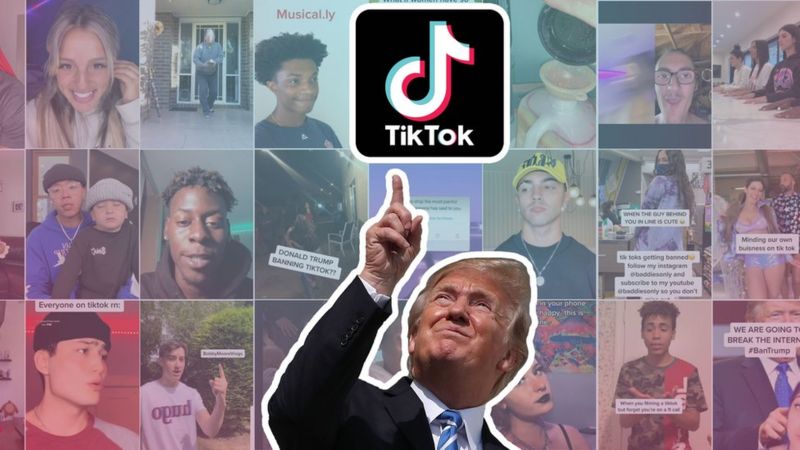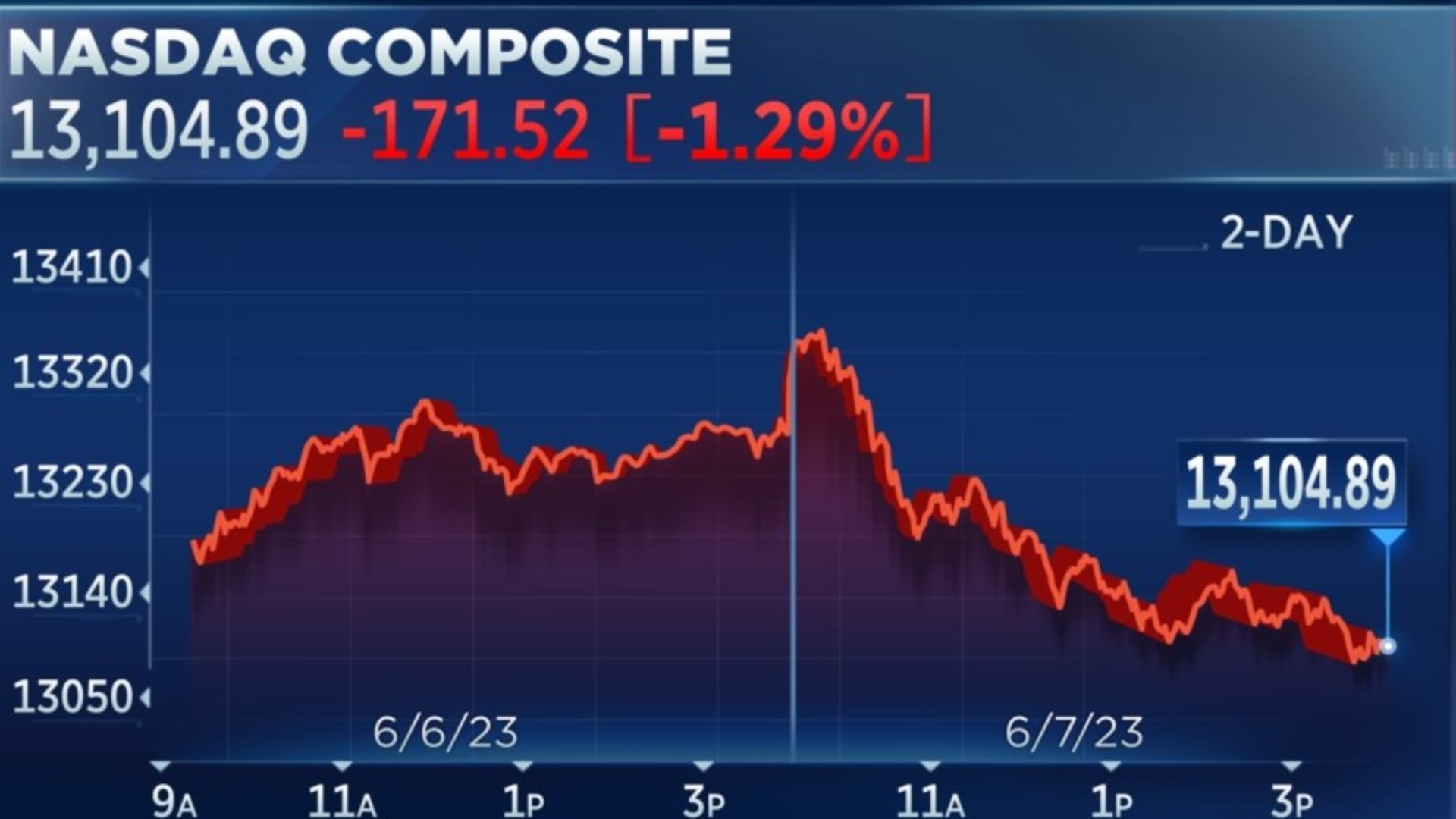Google Vs. DOJ: Back To Court Over Search Monopoly Concerns

Table of Contents
The DOJ's Renewed Antitrust Lawsuit
The DOJ's core claim centers around Google's alleged abuse of its dominant position in the search engine market to stifle competition. They argue that Google has engaged in anti-competitive practices to maintain its near-monopoly, harming consumers and innovation in the process.
- Allegations of monopolization through exclusionary contracts: The DOJ alleges that Google entered into exclusive agreements with mobile device manufacturers and carriers, requiring them to pre-install Google Search as the default search engine. This prevents users from easily accessing alternative search engines.
- Claims of stifling competition among search engine rivals: The lawsuit claims that Google's actions actively harmed competitors, preventing them from gaining a significant foothold in the market. This includes allegations of Google manipulating its search algorithms to favor its own products and services.
- Focus on Google's preferential treatment of its own products and services within search results: The DOJ contends that Google prioritizes its own products (like Google Maps, Google Shopping, and YouTube) in search results, even when they are not the most relevant or helpful results for users. This is viewed as an unfair advantage that harms competing businesses.
- Evidence presented by the DOJ to support their claims: The DOJ's case is supported by internal Google documents, emails, and testimony, which allegedly reveal a deliberate strategy to maintain its market dominance through anti-competitive means.
Google's Defense Strategy
Google vehemently denies the DOJ's accusations, arguing that its success is a result of providing superior search technology and services that consumers prefer.
- Emphasis on the benefits of its search technology and services to consumers: Google highlights the speed, accuracy, and comprehensiveness of its search engine, arguing that its dominance reflects consumer choice.
- Arguments that its practices are pro-competitive and foster innovation: Google claims that its practices stimulate competition and innovation by encouraging other companies to develop better products and services to compete with Google's offerings.
- Counterarguments against the DOJ's claims of harm to competitors: Google argues that competitors have had ample opportunity to compete and that their failure to gain market share is due to their own shortcomings, not Google's anti-competitive practices.
- Potential legal strategies Google might employ: Google's defense will likely involve challenging the DOJ's evidence, arguing that its actions are not anti-competitive under existing antitrust law, and potentially seeking to delay or weaken the lawsuit through legal maneuvering.
The Role of Search Engine Market Share
Google's overwhelming market share is a central element of the DOJ's case. Its dominance creates significant barriers to entry for new competitors.
- Statistics illustrating Google's dominance in the search engine market: Google consistently holds over 90% of the global search engine market share, a dominance that has persisted for years.
- Discussion of network effects and the difficulty for competitors to gain traction: The "network effect" – the more users Google has, the more valuable its service becomes – creates a powerful barrier to entry for competitors.
- Comparison with other tech giants facing similar antitrust scrutiny: Google’s situation mirrors that of other tech giants like Facebook (Meta) and Amazon, who have also faced antitrust scrutiny over their market dominance and alleged anti-competitive practices.
Potential Outcomes and Implications
The outcome of the Google Search Monopoly lawsuit could have significant implications for the tech industry and consumers.
- Structural remedies (e.g., divestiture of assets): The court might order Google to divest itself of certain assets or businesses to increase competition.
- Behavioral remedies (e.g., changes to Google's search algorithms): The court could mandate changes to Google's search algorithms to ensure fairer treatment of competitors.
- Financial penalties: Google could face substantial fines if found guilty of violating antitrust laws.
- Impact on the broader tech landscape and the future of online search: The ruling will set a precedent for future antitrust cases involving dominant tech companies, potentially leading to increased regulation of the tech sector.
Public Opinion and the Debate on Google's Power
Public opinion on Google's dominance is divided. While many appreciate Google's convenient and efficient search engine, concerns exist about its immense power.
- Surveys and polls reflecting public opinion on Google's dominance: Public opinion polls show a mixed response, with some expressing concerns about Google's power and potential abuse, while others prioritize the convenience and efficiency of Google’s services.
- Arguments from both sides of the debate—pro and against increased regulation: The debate centers on whether increased regulation is necessary to promote competition and protect consumers or whether it would stifle innovation and hinder Google’s ability to provide valuable services.
- The role of media coverage in shaping public perception: Media coverage plays a significant role in shaping public perception, with various outlets offering different perspectives on Google's dominance and the implications of the ongoing lawsuit.
Conclusion
The Google Search Monopoly case represents a significant legal and economic challenge with far-reaching consequences. The DOJ’s renewed lawsuit against Google underscores the ongoing concerns about the company's immense power in the online search market. The outcome of this legal battle will likely shape the future of competition and innovation in the tech industry, influencing how we access and experience information online. Staying informed about developments in this Google Search Monopoly case is crucial to understanding the future of online search and the broader digital landscape. Keep following the news and legal updates to stay abreast of the latest developments in this important case involving the Google search monopoly.

Featured Posts
-
 Conclave 2023 Evaluating Pope Franciss Impact On The Church
Apr 22, 2025
Conclave 2023 Evaluating Pope Franciss Impact On The Church
Apr 22, 2025 -
 Stock Market Today Dow Futures Dollar And Trade War Updates
Apr 22, 2025
Stock Market Today Dow Futures Dollar And Trade War Updates
Apr 22, 2025 -
 Are Tik Tok Ads Helping Businesses Evade Trump Tariffs
Apr 22, 2025
Are Tik Tok Ads Helping Businesses Evade Trump Tariffs
Apr 22, 2025 -
 The La Wildfires And The Troubling Trend Of Betting On Natural Disasters
Apr 22, 2025
The La Wildfires And The Troubling Trend Of Betting On Natural Disasters
Apr 22, 2025 -
 Trade And Tariff Worries Impact Stock Market Todays Dow Futures
Apr 22, 2025
Trade And Tariff Worries Impact Stock Market Todays Dow Futures
Apr 22, 2025
